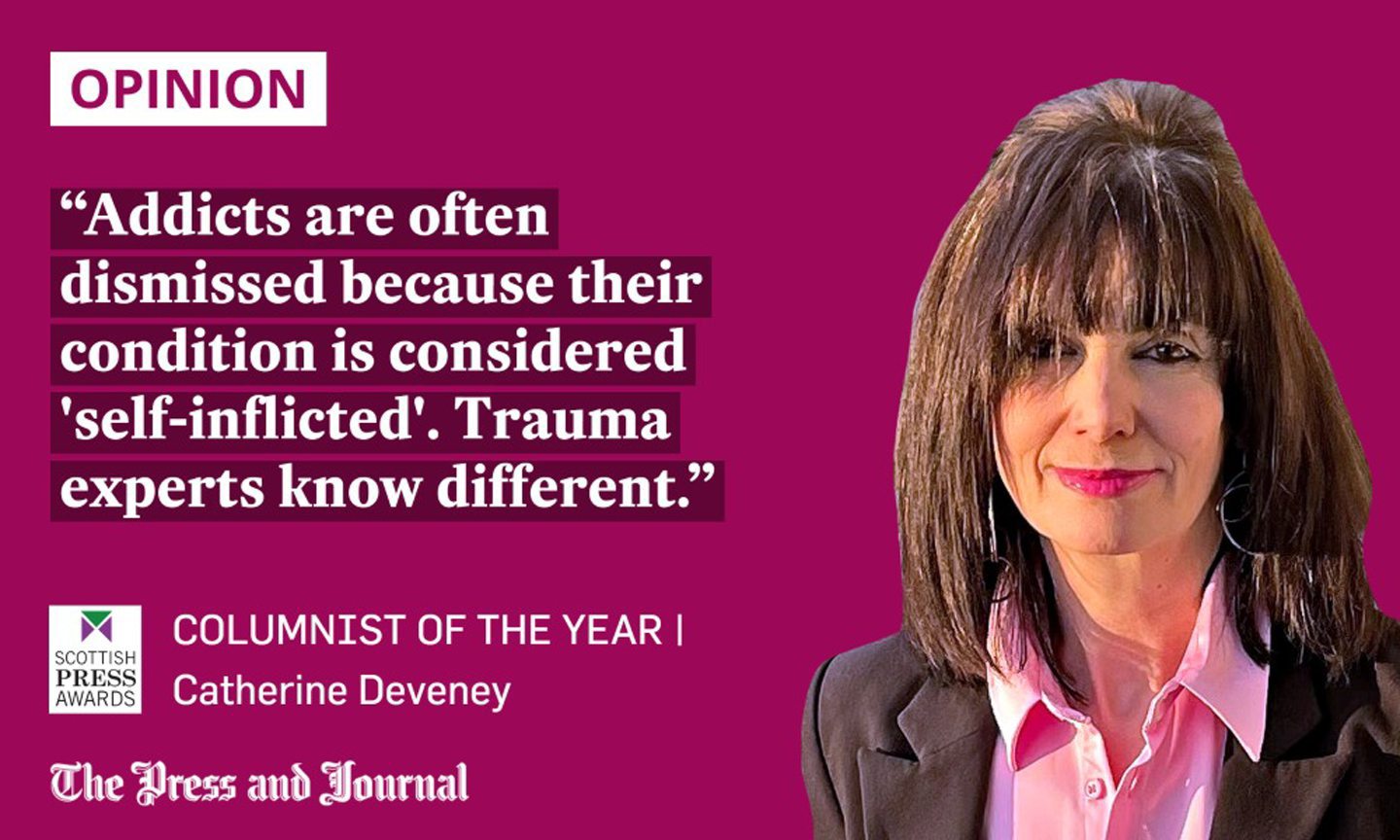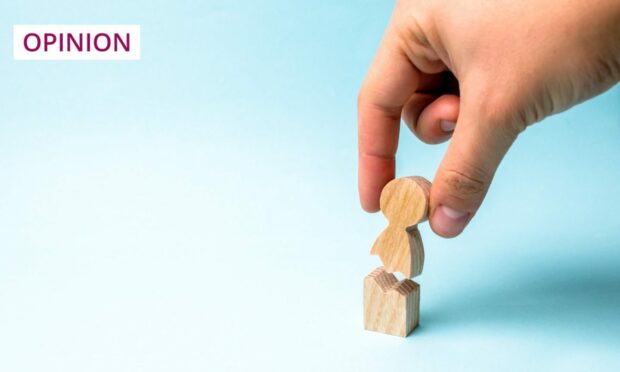Years ago, following publication of my interview with a troubled pop star, an old journalist friend emailed from London. He had begun to notice an affinity with addicts – why was that?
There was a deeper, unasked question lurking silently in this polite enquiry: was I a former addict? Was my empathy, therefore, based on personal experience?
I wasn’t sure whether to laugh or be offended – both incorrect responses. The answer was no, but it was also yes.
No, because I don’t smoke, drink or take drugs. Yes, because I am human, so have experienced pain, which is what addiction really is.
When you unpack the causes, trauma almost invariably lies at addiction’s heart. Once that is understood, it’s easy to empathise because pain is relatable for all of us, even if we are not drug dependent. Addicts are no longer “other” but you, me and the guy next door.
Next week is Mental Health Awareness Week. “Talk about it!” we’re told. And, as a society, we have certainly got better at discussing mental health. Or, at least, producing words about it. Anxiety, depression, ADHD, autism, even gender dysphoria… We know the labels. But addiction is one of the most serious mental health problems facing us.

The last recorded figures showed 1,339 died in Scotland from drug and alcohol-related causes: the highest addiction death rate in Europe. Yet, addicts are often dismissed because their condition is considered “self-inflicted”. Trauma experts know different. Addiction is not a self-destruct button. It’s a survival mechanism.
That insight can’t be limited to the therapy room. It needs to drive social work and health and the judiciary. This month, the Scottish Government declared its intention – rightly – to ensure that the justice system did not re-traumatise victims caught in its jaws.
But tackling offending means tackling cause as well as effect. Offenders can be traumatised too. Scottish criminal lawyer, Iain Smith, has recounted in a number of interviews how it took many years for him to understand the role trauma played in offending. “I don’t see junkies, neds and scum,” he says. “I see people who are trying to survive and dull the pain.”
Treat the addict, not the addiction
In its last report, Audit Scotland criticised the Scottish Government’s “lack of drive and leadership” in tackling drug and alcohol addiction. More focus is needed, not on the problem, it said, but on the root of the problem. And that is at the heart of this issue.
However fast you throw money at it, “addiction” is like a giant beast that gobbles faster and faster. One million more, three million more, 10 million. Why isn’t it working? Because the record sums are being spent on trying to treat the addiction, not the addict.
Imagination is needed in addiction services. A kind of creativity. “The Scottish Government,” Audit Scotland reported, “needs to set out a clear integrated plan on how additional investment can be used most effectively and demonstrate how it is improving outcomes.” At the moment, vast sums spiral hopelessly into the giant’s belly, with dyspepsia the only outcome.
Trauma is no respecter of wealth
Next week, a documentary with Busted pop star, Matt Willis, will be broadcast. Willis, a recovering addict, is interested in recreating an innovative Italian addiction centre that is based on a farm. “Some people,” he points out, “have to be taken care of in a very specialised way and that is not being catered for enough.”
Some might think that pop stars’ addictions result from too much money and self-indulgence. But, while poverty and addiction are closely intertwined, trauma is no respecter of wealth. What is quickly obvious when interviewing famous people is that reaching the pinnacle doesn’t solve anything. In fact, it can prompt sad insecurities and paranoia, and a recognition that what seemed like life’s answer actually isn’t.
The pop star my friend emailed about had cried into his whisky, talking about the traumas – bereavement, sexual abuse, betrayal – that led to snorting lines of coke and bedding anyone willing who crossed his path.
Another described the drive for fame and the desperate moment when he achieved it, then realised it was actually a prison. He sat in his plush flat, unable to go out because he would be mobbed. Addiction followed.
See the person, not the ‘junkie’
It can be tempting to judge addicts’ behaviour until you empathise with its roots. There can be few human beings alive, rich or poor, who can’t recognise the haunting effect of trauma, or the gnawing loneliness of an existential crisis in which the empty void at the heart of us simply can’t be filled.
Sometimes, it is hard to know what “awareness” weeks are really about. Awareness of what?
Perhaps, next week, we could do worse than attempting to see “the junkie” we pass as they really are. The person, not the addict.
Because one thing is certain: even if you have never been substance dependent, in another place, another life, another set of circumstances, that addict is you and me, for sure.
Catherine Deveney is an award-winning investigative journalist, novelist and television presenter, and Scottish Newspaper Columnist of the Year 2022

Conversation